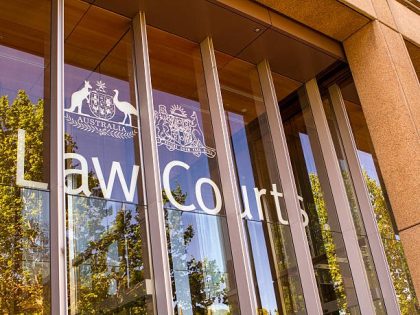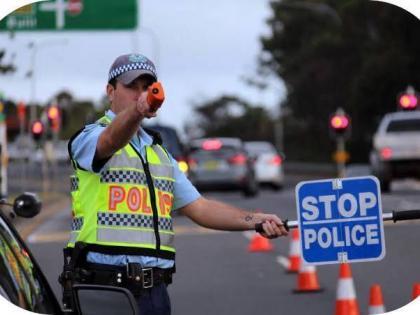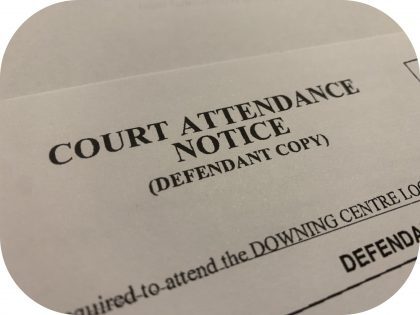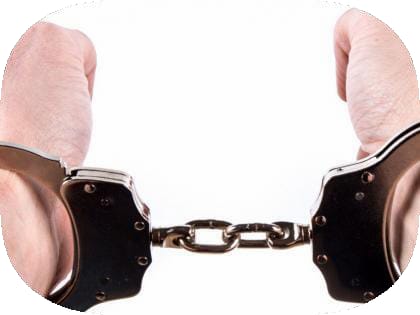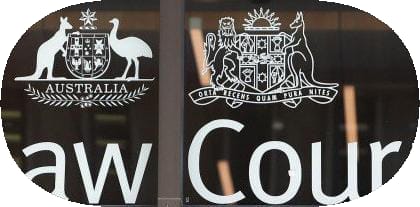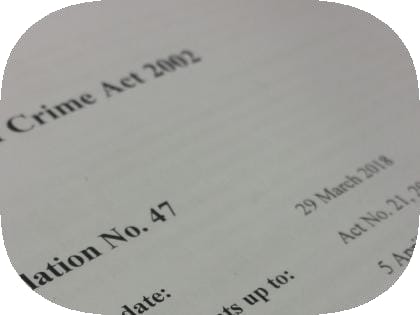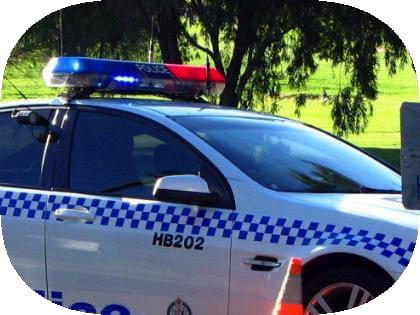Reckless Wounding
0 CommentsReckless wounding is an offence pursuant to section 35 of the Crimes Act 1900 (NSW) ‘Act’. A person that wounds any person and is reckless as to causing actual bodily harm to that or any other person, is guilty of an offence.[1] The maximum penalty for a conviction of reckless wounding is 7 years imprisonment. This offence is aggravated if it is in the company of another person. In this instance, the maximum penalty increases to 10 years. [2]
What does reckless mean?
The crimes Act does not define the term ‘reckless’ however the case Chen v R [2013] NSWCCA 116, 65 has described the term as meaning the accused foresaw the possibility of that harm resulting.[3]
What does wound mean?
JJC v Eisenhower [1984] QB 331 defines wounding as the breaking of both layers of the external skin: the dermis and the epidermis.[4]
To be convicted, what do the police need to show?
In order to be convicted the police beyond reasonable doubt need to show that you fulfilled the elements of the assault occasioning actual bodily harm offence. The elements for this offence are:
- Intentionally or recklessly
- Actual bodily harm was inflicted
- No consent.[5]
What defences may I raise?
Possible defences to the offence of assault occasioning actual bodily harm can include:
- Self defence
- Necessity
- Duress
If you get into contact with an experienced lawyer at Brian Walker Criminal Lawyer’s, we will discuss any applicable defences with you to ensure the best outcome.
What penalty might I receive if I am convicted of an assault occasioning actual bodily harm offence?
Depending upon the circumstances of the offence, the court has the discretion to determine which is the most appropriate to penalise you with.
- Prison sentence
- Intensive corrections order
- Community corrections order
- Fine
- Section 10A
- Conditional release Order
- Section 10.
[1] Crimes Act 1900 (NSW) s 35(4).
[2] Crimes Act 1900 (NSW) s 35 (3).
[3] Chen v R [2013] NSWCCA 116, 65.
[4] JJC v Eisenhower [1984] QB 331.
[5] Crimes Act 1900 (NSW) s 35(4).
About Post Author
* Information contained in this article is of a general nature only and should not be relied upon as concise legal advice.
Please contact for legal advice tailored to your situation. *



![Case review: R v Mauger [2012] NSWCCA 51](https://walkercriminallawyer.com.au/wp-content/uploads/2024/10/conviction-1-420x269.webp)


